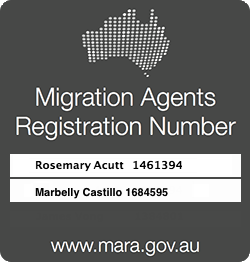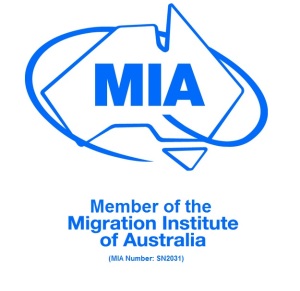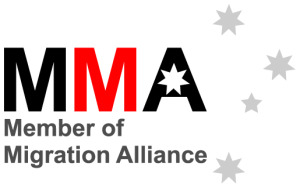Have you been granted a Bridging visa with limited work rights, or no work rights?
If you have any one of the following conditions applied on your visa, you may not have full work rights:
8101, 8102, 8103, 8104, 8105, 8107, 8108, 8111, 8112, 8115, 8547, 8607 or 8608;
If you are suffering from financial hardship and need to work, you may be eligible to apply for a new Bridging visa with these conditions removed, effectively giving you full work rights. To do this, you will need to substantiate to the Department of Home Affairs that you have a “compelling need to work”.
You may be able to apply for work rights on the basis of compelling need to work if:
- You are on bridging visa A, C or E without work rights; or
- You are on a bridging visa without work rights and have applied for a Temporary Skills Shortage visa (subclass 482).
Applying for work rights will require you to apply for a new Bridging visa with information supporting your compelling need to work. Please be aware that the Department can have regard to information that has been provided in previous visa applications or permission to work applications, thus it is important to avoid providing conflicting evidence in any subsequent applications, unless there is a reasonable explanation or evidence to support the inconsistencies or change in circumstances.
In this article we will discuss how to apply for work rights on a Bridging Visa A that is not related to a pending application for a 482 visa. If you have a Bridging Visa C or E, or a Bridging Visa A granted in association with an application for a Subclass 482 visa, different considerations will apply when seeking to remove work limitations.
Compelling need to work
A “compelling need to work” is defined in the relevant legislation as being in financial hardship. In short, the Department is looking to see that you are currently facing, or will soon face, financial hardship.
The Department considers that a person is in financial hardship where “the cost of reasonable living expenses exceeds your ability to pay for them”. To establish this, you will need to provide evidence about your income, savings, expenses and support available from other persons such as your partner or family.
In all circumstances, the Department can have regard to a range of factors in determining whether there is a compelling need to work, for example:
- Whether your claimed expenses are reasonable
- How you have supported yourself up until the point of application and how that support will continue
- If there are other possible means of support such as a sponsor or nominator, relatives or friends in Australia or overseas
- If you will become a burden on public funds or charitable institutions
- When the substantive visa application is likely to receive a decision
Any claimed expenses should be reasonable for your situation. Including unnecessary expenditures such as fancy meals and branded goods would obviously not be taken into consideration.
When considering your circumstances, the Department can consider any contractual obligations or necessary expenses such as food, accommodation and other necessities, including supporting any dependent children.
Possible compelling reasons to work can include situations where your means of support has been through savings and those savings are running out, or where a person has suddenly lost a stream of income (i.e. loss of job).
The Department will also consider when a decision is likely to be made on your substantive visa application. A long processing time for the substantive visa will likely be given more weight in determining that a person has a compelling need to work.
If you have a compelling need to work, contact our office today to discuss your circumstances in more detail.




